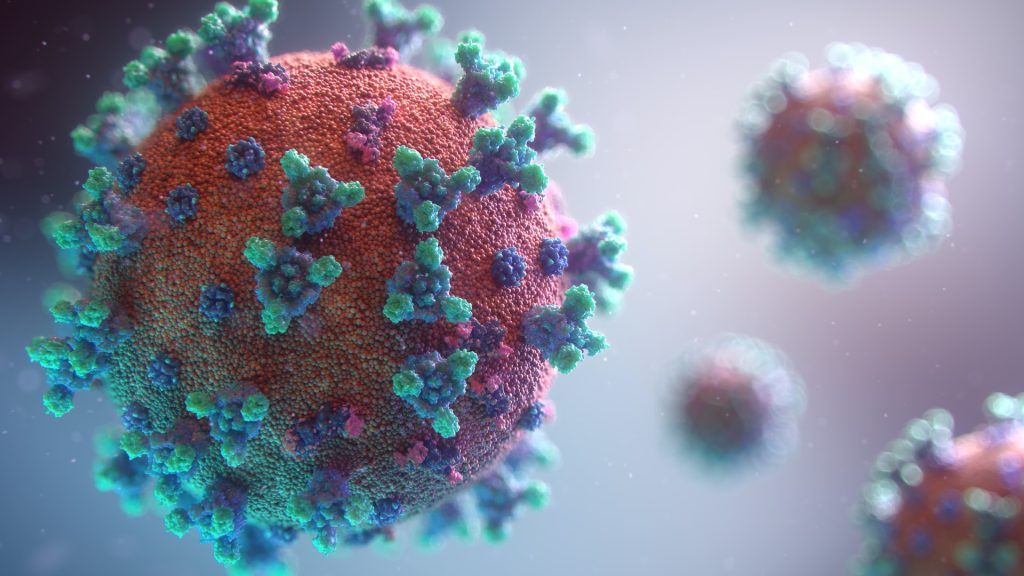
Giving moderately ill hospitalised COVID patients a full-dose of heparin reduced the risk for organ support, and shortened hospital stays, a large clinical trial has found.
However, the use of this treatment strategy for critically ill COVID patients did not result in the same outcomes.
“These results make for a compelling example of how important it is to stratify patients with different disease severity in clinical trials. What might help one subgroup of patients might be of no benefit, or even harmful, in another,” said NHLBI Director Gary H. Gibbons, M.D.
Researchers have observed that in some people who died from COVID, blood clots had formed throughout their bodies, even in their smallest blood vessels. Antithrombotics, which include blood thinners or anticoagulants, help prevent clot formation in certain diseases. It was not known which antithrombotic drug, what dose, and at what point during the course of COVID, antithrombotics might be effective. To answer these urgent questions, three international partners came together and harmonised their trial protocols to study the effects of using a full, or therapeutic dose, of heparin versus a low, or prophylactic dose, of heparin in moderately and critically ill patients hospitalised with COVID.
Moderately ill patients were defined as being hospitalised for COVID without needing organ support, and critically ill patients as hospitalised for COVID and needing intensive care level of support, including respiratory and/or cardiovascular organ support.
In April 2020, hospitalised COVID patients received either a low or full dose of heparin for up to 14 days after enrollment. By December 2020, interim results suggested that in critically ill patients, full-dose anticoagulation did not reduce the need for organ support and may even be harmful. However, one month later, results suggested full heparin doses likely benefited moderately ill patients.
“The formal conclusions from these studies suggest that initiating therapeutic anticoagulation is beneficial for moderately ill patients and once patients develop severe COVID-19, it may be too late for anticoagulation with heparin to alter the consequences of this disease,” said Judith Hochman, M.D., senior associate dean for Clinical Sciences at New York University, a corresponding author. “The medication evaluated in these trials is familiar to doctors around the world and is widely accessible, making the findings highly applicable to moderately ill COVID-19 patients.”
Fnal trial data analysis included 1098 critically ill and 2219 moderately ill patients. Among moderately ill patients, researchers found that the likelihood of full-dose heparin to reduce the need for organ support compared to those who received low-dose heparin was 99%. Major bleeding was rare. For critically ill patients, full-dose heparin also decreased the number of major thrombotic events, but it did not reduce the need for organ support or shorten hospital stay.
“More work needs to be done to continue to improve outcomes in patients with COVID-19,” said Matthew D. Neal, M.D., the Roberta G. Simmons Associate Professor of Surgery at the University of Pittsburgh, co-senior author. “Given what we know about the type of blood clots in patients with COVID-19, testing anti-platelet agents is a particularly exciting approach.”
Source: NIH

